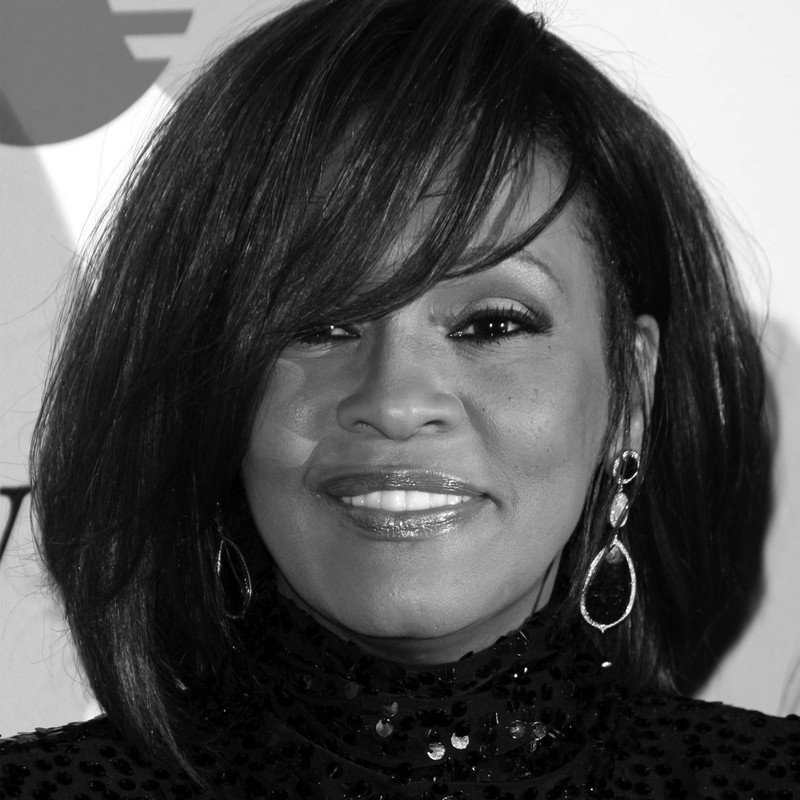Why Do We Mourn Celebrities Like We Know Them?
The kind of sadness that hits us when a celebrity dies is one that takes us by surprise almost every time. Why are we so upset about someone we barely know? The answer could lie in our obsession with social media – the digital age has completely changed the way we connect to our favourite celebrities. When we follow a famous face on social media, we immediately feel in close proximity to them – we get snapshots of their lives on a regular basis and are given insight into their own personal thoughts and feelings. So when they die, we feel that connection, and subsequently we miss it.
But despite this perceived closeness, Steve Clarke, leading psychotherapist at the Priory’s Life Works hospital, isn’t convinced it’s entirely genuine. “Responding directly to a celebrity when they post something can allow us to feel as though we are in direct communication with them,” he says. “However, it’s quite possible that the response, when there is one, is not directly from the celebrity. It’s hard to know what is genuine, and what isn’t with social media. Posts often lack context and can be misinterpreted.”
Social media has changed the ways in which we mourn celebrities, too. Thanks to Twitter, Instagram and Facebook, we can now express our grief for well-known figures more openly; lamenting the world’s loss, sending public messages of condolences and sharing our sadness with people who feel the same way.
But the public mourning of cultural icons – from Kurt Cobain and David Bowie to Princess Diana and Amy Winehouse – has long pre-existed the Instagram age. Clarke believes the sense of shock we feel actually comes from how little we know about their lives. “The loss of a high-profile figure can be the first time we have heard of a particular illness, and that can lead to compassion,” he says. “But a common misconception is that celebrities often lead perfect lifestyles, and this can be driven by a distorted media representation. The death, especially if it’s unexpected, can lead to a heightened sense of empathy, shock, and loss.”
Mourning celebrities like we knew them isn’t necessarily about the person themselves, but rather how they shaped the culture around us, and even our own sense of self. As one Twitter user so poignantly pointed out after the death of Prince in 2016, “We don’t cry because we knew them, we cry because they help us to know ourselves.”
Clarke concurs with this point: “Sometimes certain celebrities can transport us back to a safe time in our own childhoods and their passing may elicit ‘gratifying memories’ of our own that increase the sense of sadness of loss. It’s upsetting, for example, when a musician whose music may trigger happier events for us passes away, and those feelings are intrinsically linked with periods in our lives that we realise have passed too. That nostalgia, even if we don’t recognise it, can lead us to evaluate what is working for us in our own lives.”
Dr Jacque Lynn Foltyn, a sociology professor who has been studying celebrity deaths and public interest for years, believes feelings of grief are especially felt when celebrities have expressed relatable personal tribulations while alive, such as mental health struggles. Speaking to VICE, she revealed celebrities are “deeply connected to our developing self”, and that their openness legitimises "the production of our own identity”.
And ultimately, the death of our favourite famous person brings home that celebrities are just people too. Both a significant warning that everyone can be fragile – a reason people tend to share the number for suicide hotlines in the wake of a celebrity suicide – and a stark reminder of our own existence and fleeting mortality.
DISCLAIMER: We endeavour to always credit the correct original source of every image we use. If you think a credit may be incorrect, please contact us at info@sheerluxe.com.


